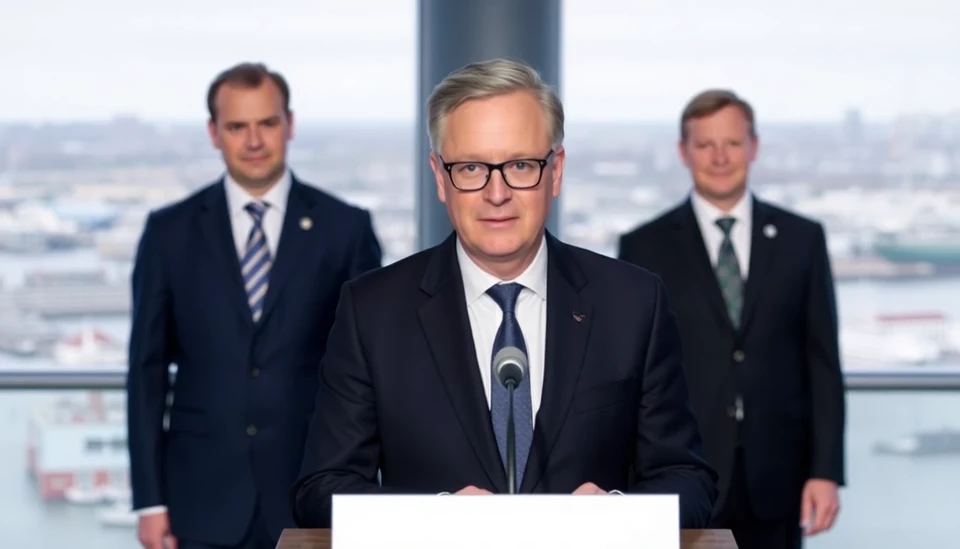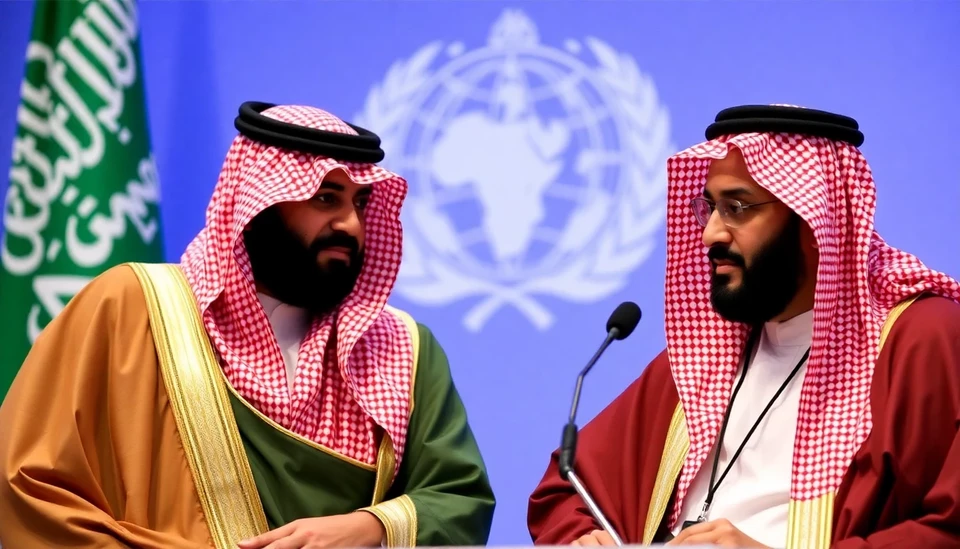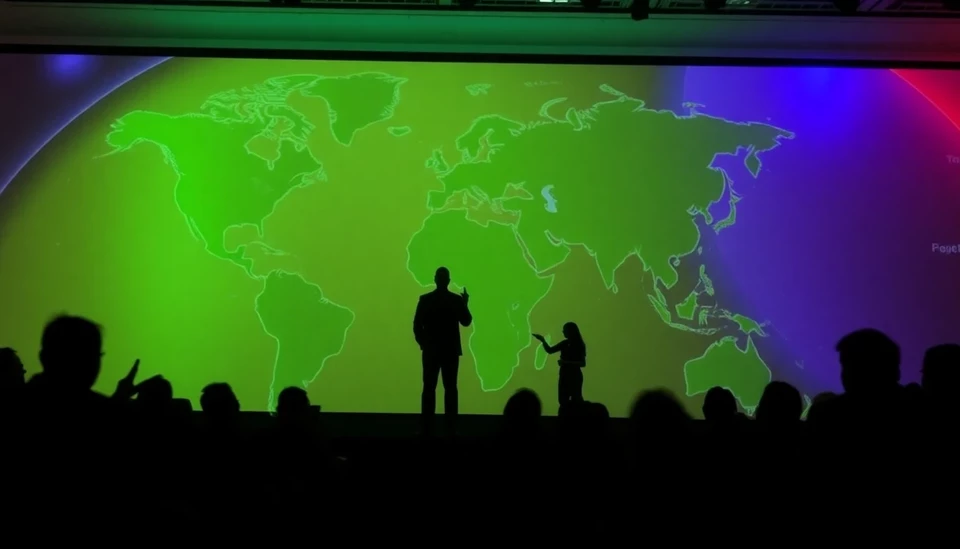
The recently convened COP29 has attracted significant attention not just for its agenda but for its strong focus on climate finance, as world leaders, policymakers, and activists gathered with one crucial aim: to unlock billions for climate initiatives. The urgency of the situation has escalated as global temperatures continue to rise, and the impacts of climate change grow more severe. With staggering estimates indicating the need for anywhere between $5 trillion to $7 trillion annually by 2030 for climate adaptation and mitigation, COP29 is making finance its central theme.
One of the most pressing issues on the table is how to bridge the financial gap that exists in developing countries, where infrastructure and resources are desperately needed to combat climate effects. These nations are often the most affected by climate change yet have the least financial capacity to address these challenges. The dialogue at COP29 seeks to change this narrative by fostering commitments that would ensure funds are allocated effectively to those who need them most.
As discussions unfold, one of the key mechanisms being explored is the provision of public financial support to stimulate private investment. Delegates are advocating for innovative funding schemes, such as green bonds and climate funds, designed not only to attract investment but also to yield tangible environmental benefits. The hope is that with compelling financial incentives, both private and institutional investors can be mobilized to prioritize sustainable projects that align with climate goals.
Moreover, COP29 is also a stage for exchanging ideas on reducing the financial risks that come with investing in green technologies. By establishing clearer guidelines and frameworks, countries aim to make investment in renewable energy more appealing, mitigating fears around profitability and stability in an uncertain market. Additionally, discussions include leveraging multilateral development banks' capabilities to ensure that financing is available to those most vulnerable to climate impacts.
Critics of past climate efforts point to the gaps in funding and execution, underscoring the necessity of transparency and accountability in how climate finance is deployed. Many are calling for a clear roadmap that details the flow of funds and their impact on communities affected by climate change. The goal is to create a trust-based system that empowers emerging economies and builds resilience against climate disasters.
Experts argue that while the focus on finance is promising, it must be paired with ambitious policies to enforce climate commitments. Many nations have set net-zero emissions targets, but without a robust financial backing, the projections risk remaining lofty ambitions rather than attainable goals. Therefore, COP29 stands as a crucial moment for the international community to recommit to their shared responsibility in combating climate change.
As COP29 progresses, the collective ambition is not merely to gather pledges, but to forge meaningful partnerships that bring about practical change. The hope is that through increased funding, collaborative governance, and more assertive action plans, the conference can catalyze significant advancements in the global fight against climate change.
For now, the spotlight remains on financial streams — will COP29's focus on economic solutions lead to lasting changes? As nations negotiate and deliberations evolve, the world watches eagerly to see if renewed commitments translate to tangible action.
#COP29 #ClimateFinance #GreenInvestment #Sustainability #ClimateChange #PublicPrivatePartnerships #GlobalGoals #FinanceForClimate #NetZero #ClimateAction
Author: Peter Collins




